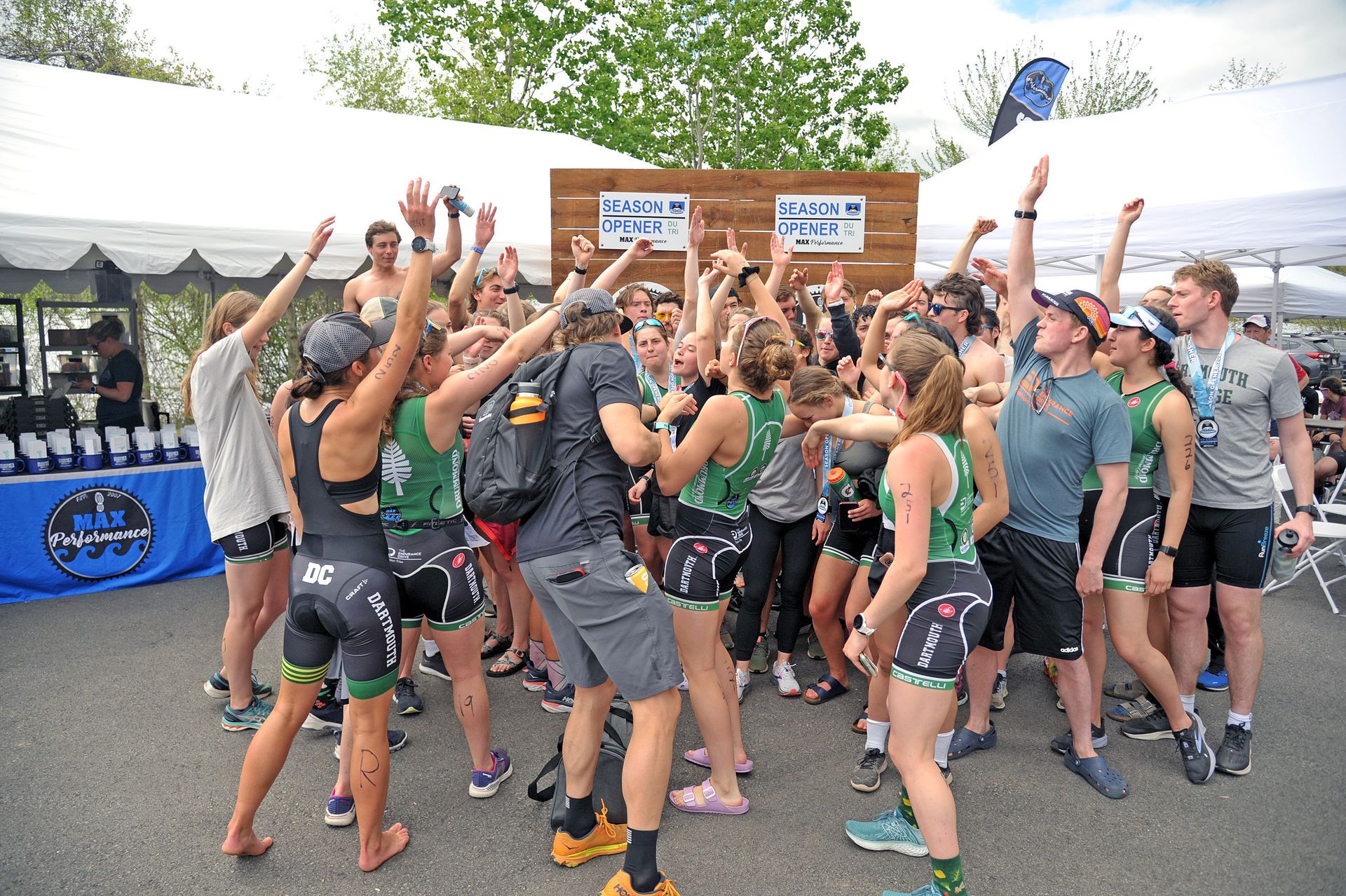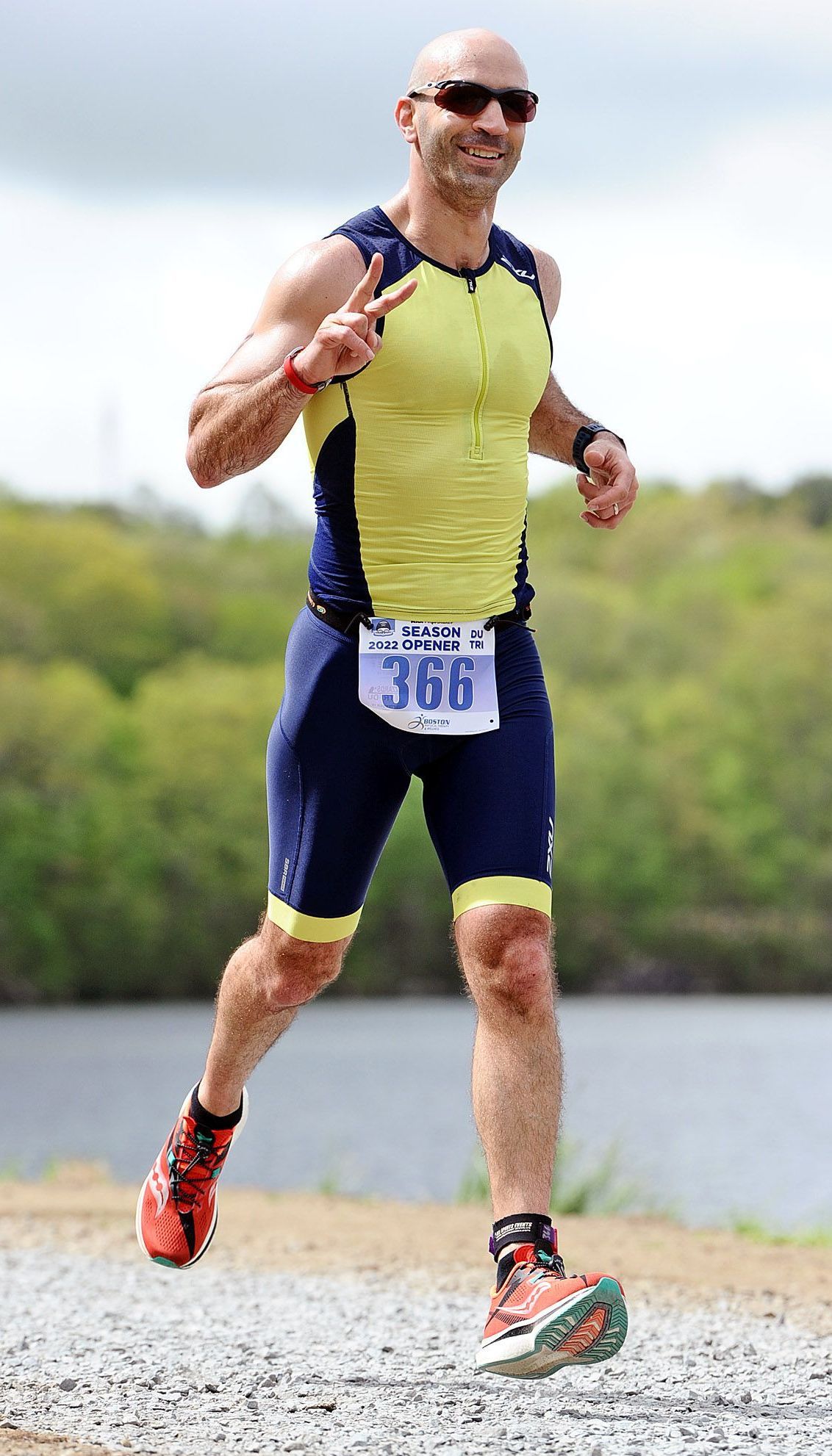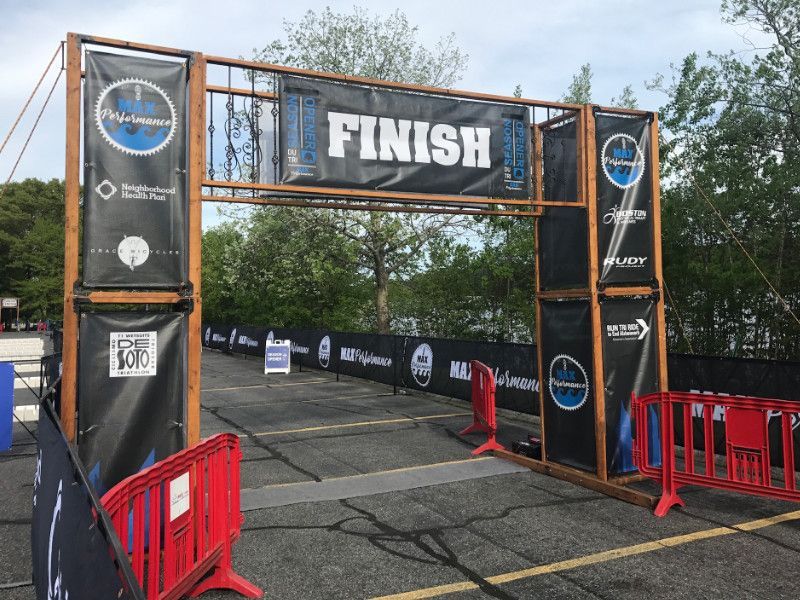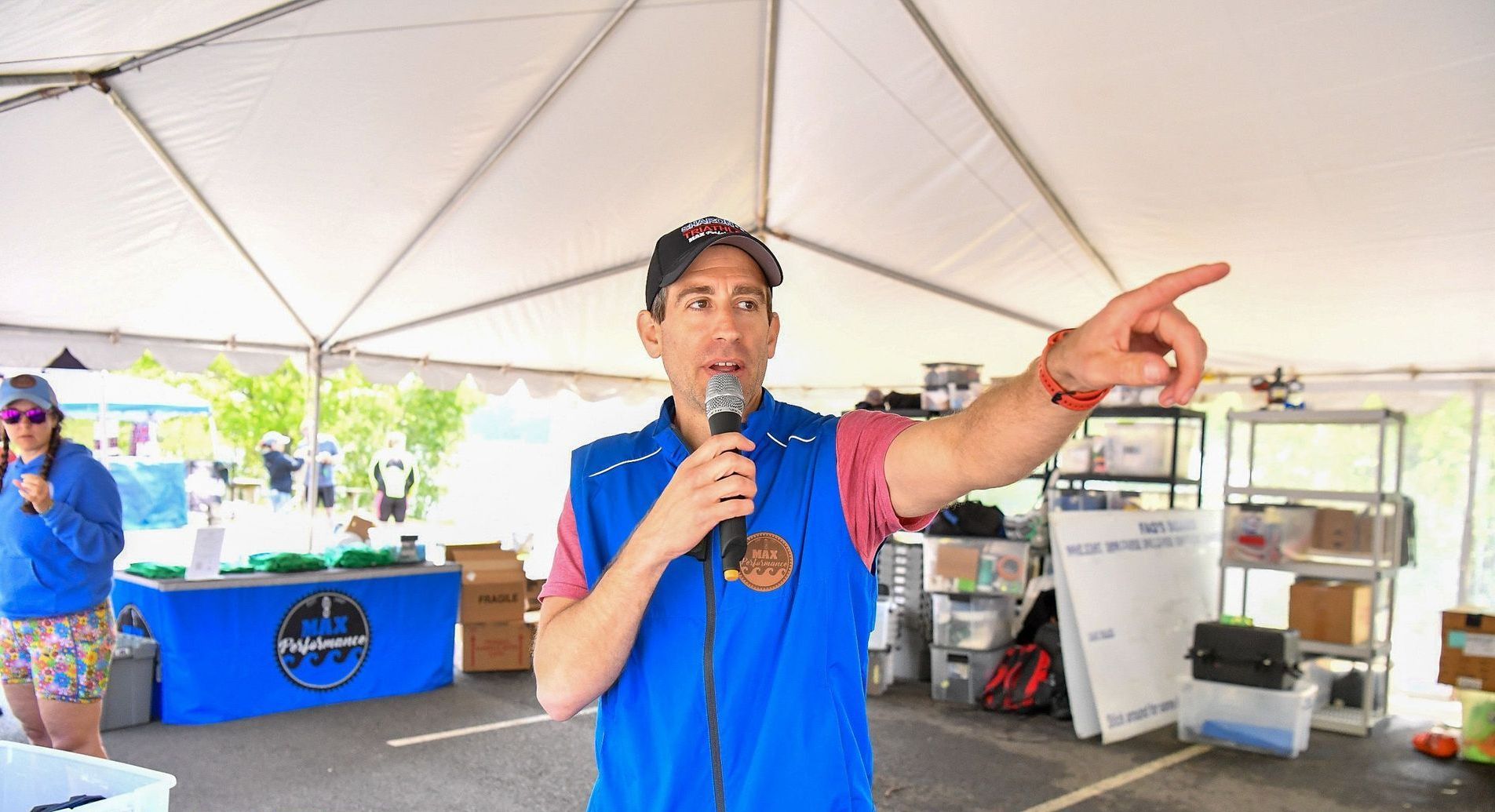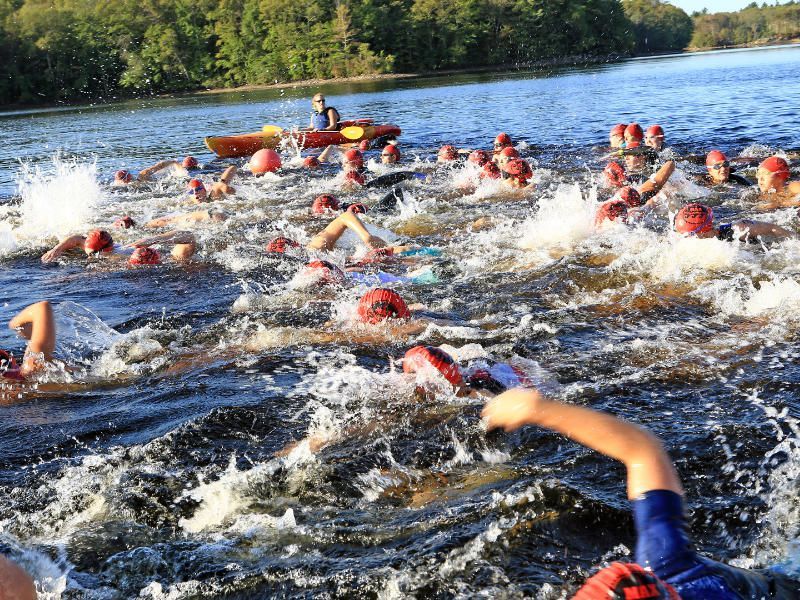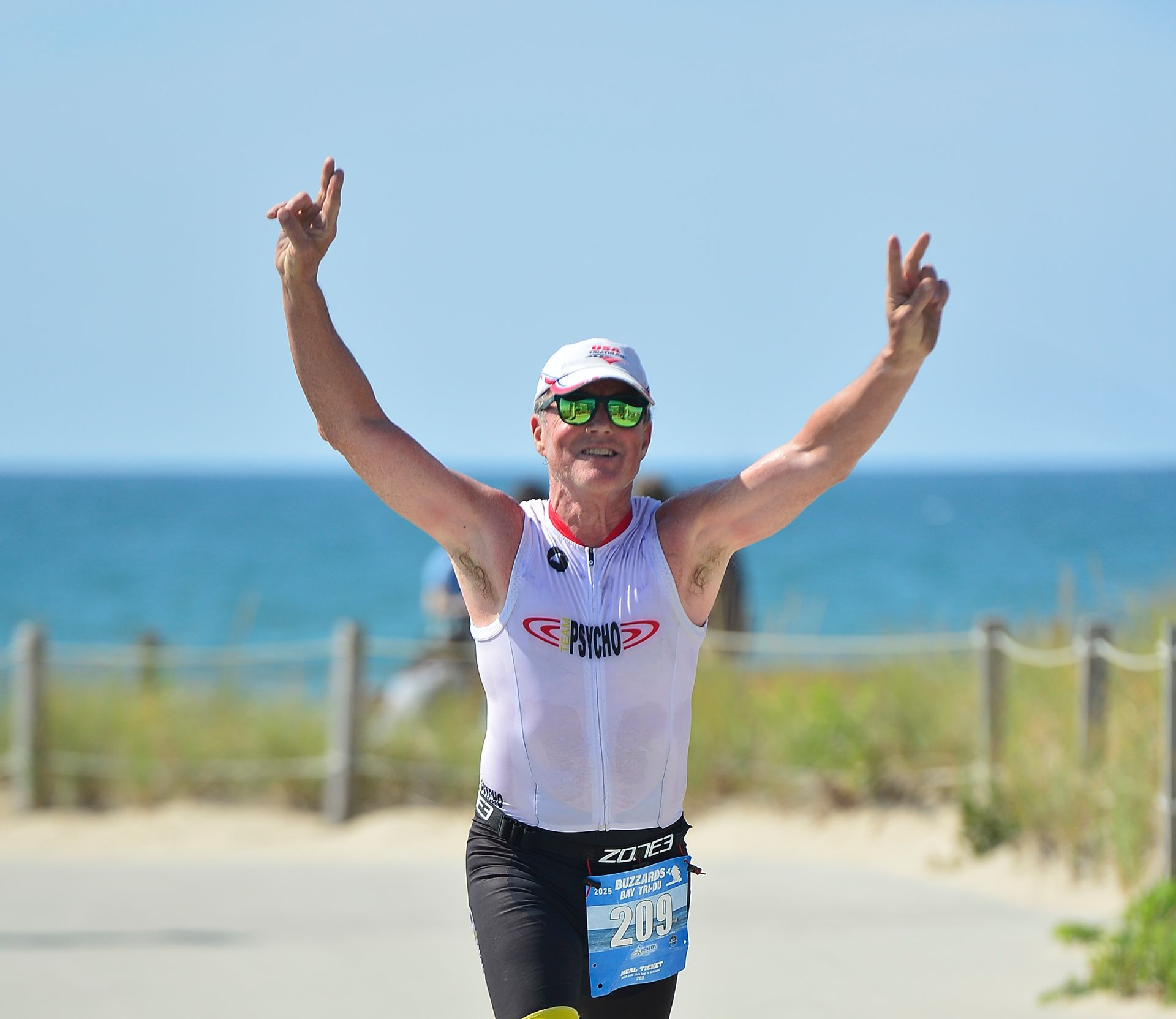How much fuel do you need for big races? Gut Training?!
How much fuel do you need for your events? And how much should you train the gut?
Over the past few years it’s increasingly clear that fueling races and big workouts opens the door to your best performance. Aggressive fueling however, can come with the risk of GI upset which acutely leads to reduced performance – due to the, well, side effects of a very upset stomach! The best way to mitigate those negatives with feeding aggressively during sport, is to practice, literally training your GI system to handle higher fuel / fluid volumes while you work. This study looked at how using either carbohydrate as a food, or a gel, over a two week period, can help improve performance vs not fueling while performing.
So what happened:
- Athletes performed an extensive duration test (2hr) while taking in fuel, then two weeks later after working to acclimate to fueling, repeated the tests after being split into groups – food for carbs, gel for carbs and no fuel.
- The fuel groups had a solid improvement in performance over the no fuel group of 4-5~ %
- The fuel groups also had a solid reduction in GI symptoms over the two week acclimation period.
So, how does this help you?
- If you plan to fuel your races – and you should, especially races beyond sprint distance – you should practice that fueling for at least 2 weeks before the race.
- By practicing your fueling strategy, you solidly reduce risk of GI upset on race day, AND set yourself up to perform your best.
- For races in the sprint and Olympic duration range, aiming for 30g (120 calories)/hour up to 90g (360 calories)/hour of carbohydrate is reasonable – the longer you suspect you will be out there, the higher end of the range you should acclimate too. This can be from drinks, gels, solids, foods, sports foods, etc.
- For best results, work backward: In the last two weeks before the race, use your goal-fueling strategy. If you are not used to that volume, aim to work from about 30-40g of carbs per hour, increasing a bit every two weeks up to that final two-week period where you practice your race fuel strategy.
Will Kirousis, MS, CSCS, CISSN
Tri-Hard | Director
USA Cycling Certified Coach
USA Triathlon Certified Coach
Certified Strength and Conditioning Specialist
Certified Sports Nutritionist
508.633.2708 | will@tri-hard.com |
www.tri-hard.com | @willkirousis
Max Performance organizes multi-sport events throughout New England with an emphasis on organization, communication, energy, and enthusiasm!
share this
Related Articles
Related Articles
stay up to date
Get MAX'S NEWSLETTER
Sign up for our Monthly Training & Racing Newsletter - and learn about exclusive discounts as well!
